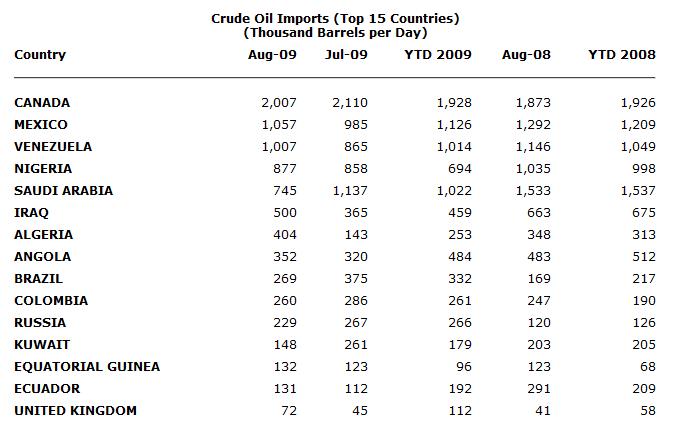One of the biggest reasons that the Left feels we must get away from petroleum is that we have surpassed peak oil; we’re running out and we are in danger. Couple things wrong with this:
- There is no alternative use for oil. If we don’t burn it, what is it good for?
- We are no where NEAR peak oil.
When a thing becomes scarce, the price of that thing rises. It has to. And it can. Fact is, oil isn’t scarce. It’s plentiful and it’s competing for our purchase of it.
Not many people think of the Netherlands as oil country, but a billion-barrel field lies under a nine-mile strip of grazing land along the Dutch-German border. When oil prices cratered in the 1990s, Royal Dutch Shell shut the Schoonebeek field down.
…
Now higher prices and technological advances are spurring a new joint venture of Shell, Exxon, and the Dutch government to pump Schoonebeek’s reserves once more.
There is a bunch of oil that we know about in places that is just too hard to get at. However, when the price of oil rises to the point that the cost of obtaining it can be offset by the price of selling it, we get more oil. Further, technology is advancing as well:
New wells drilled horizontally are coming in contact with more of the oil. Steam injected into the rock loosens up its molasses-like crude so it can be brought to the surface more easily.
So, how much oil are we looking at?
Many analysts and industry executives have little doubt that there’s plenty of oil in the ground. “Only about 32% of the oil [in reserves] is produced,” says Val Brock, Shell’s head of business development for enhanced oil recovery. Shell estimates 300 billion barrels and maybe more might be squeezed out of existing fields, much of it once thought beyond retrieval. Peter Jackson, IHS Cambridge Energy Research Associates’ London-based senior director for oil industry activity, has reviewed data from the world’s biggest fields. His conclusion: 60% of their reserves remain available.
To translate into everyday terms: That’s a lot.

